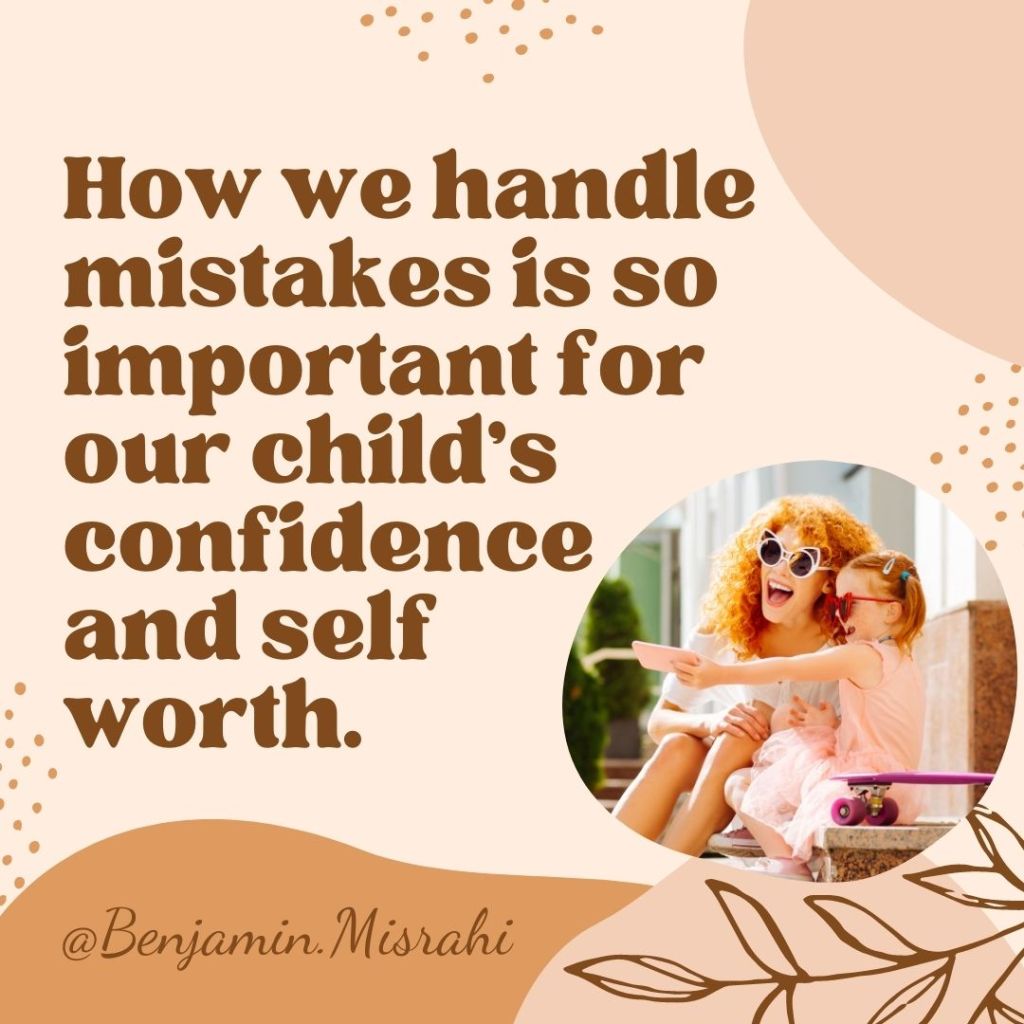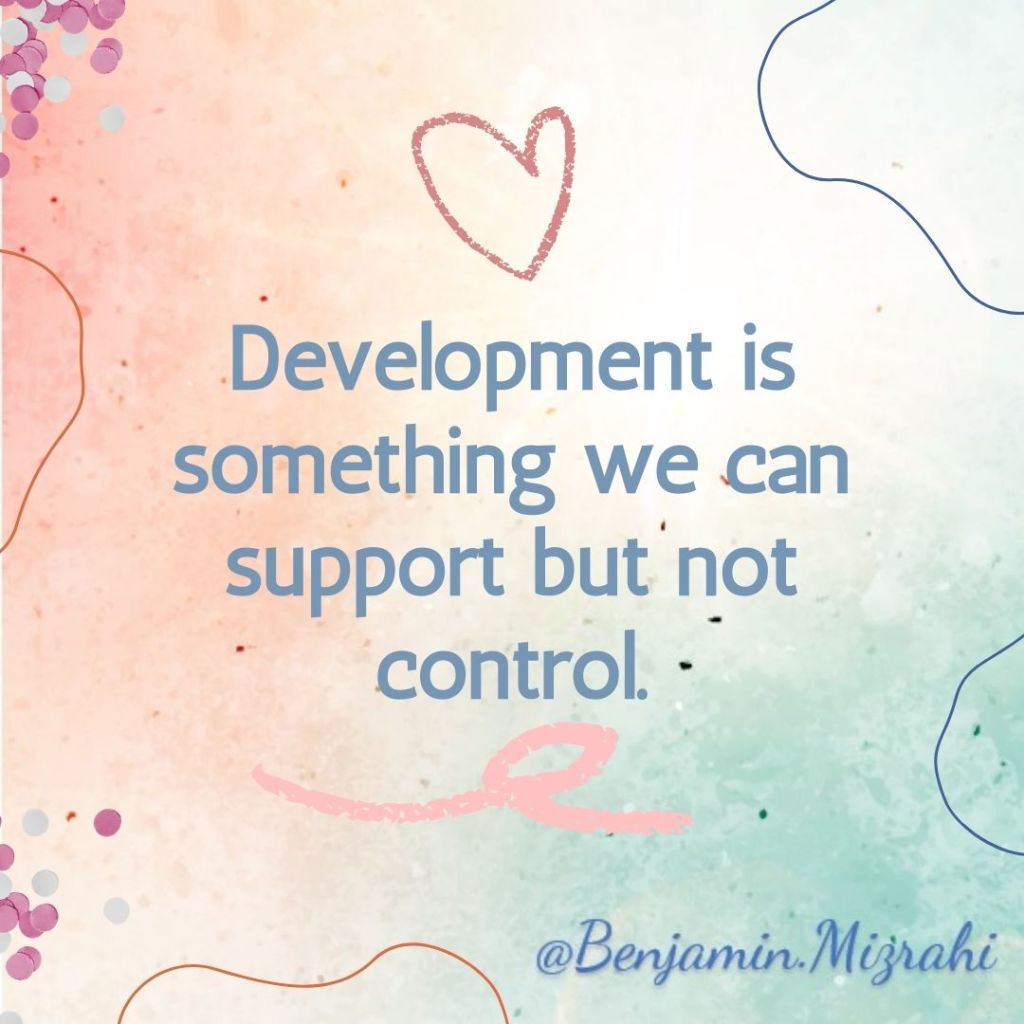
Play is one of the most effective tools for keeping relationships fresh and exciting. Playing together brings joy, vitality, and resilience to relationships. Play can also heal resentments, disagreements, and hurts. Through regular play, we learn to trust one another and feel safe.
Play helps children develop all kinds of skills
Children’s minds are like little sponges. They soak up everything around them. As they interact with parents and others, they learn how people behave in social settings. They also learn what’s acceptable by taking their cues from you. Playing with adults in their lives widens children’s imaginations.
Play helps build strong relationships
Play and laughter perform an essential role in building strong, healthy parent-child relationships by bringing you closer together, creating a positive bond, and resolving conflict.
Parents who use play to help their children report seeing:
- A happier, more confident child.
- Longer interactive attention spans.
- More spontaneous social communication use.
- Increased eye contact and social referencing.
- And more communication development.
While play is crucial for a child’s development, it is also beneficial for people of all ages. Play can add joy to life, relieve stress, supercharge learning, and connect you to others and the world around you. Play can also make work more productive and pleasurable.
Coach Benjamin Mizrahi. Educator. Learning Specialist. Family Coach. Father. Husband.
More articles on www.MrMizrahi.blog












